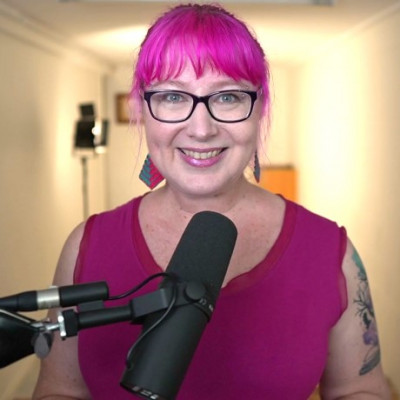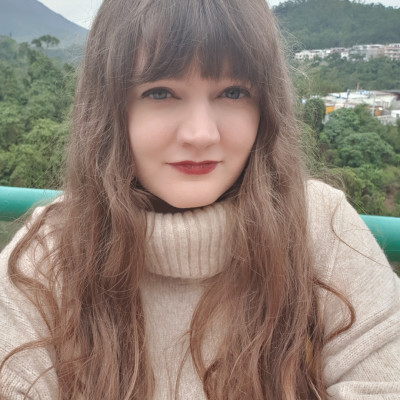Sessions / Creativity / Critical Thinking / 4Cs
Beyond the Lyrics Gap Fill: Low-Preparation, High-Participation Activities Using Songs in Class #2789
The use of music in language classes has long been connected to increased motivation and engagement, enhanced intercultural awareness, and improved learning outcomes for students (Talada, 2015). Language teachers are thus often keen to incorporate songs into their lessons, but the challenge can be determining the best way to do so (Bos, 2019). Although “Gap Fill” listening exercises are perfectly valid, they are often overused, as teachers may be time-poor, or unaware of what could be done with a song in the language classroom. In this workshop, we explore a variety of song-based activities, with a focus on three areas: improving language skills, building community, and stimulating creativity. This immersive workshop is conducted in line with principles of experiential learning (Kolb, 2015), with opportunities for participants to experience practical ideas, then reflect on how they can implement these in both the physical and virtual classroom.
An Ecolinguistics Approach to Education #2805
Schools play a vital role in shaping students’ learning and beliefs. In light of the ecological issues facing our world today, a more ecojustice-focused approach to education is vital. The theoretical framework of ecolinguistics (Stibbe, 2020) provides a useful tool for students to critically analyze the language of the texts they encounter in everyday life, school, and the media, in order to determine their underlying “story” and impact from an ecological perspective. This presentation will discuss the potential benefits ecolinguistics can offer to educators and students, and provide examples how to incorporate it into classroom lessons through linguistic analysis of school textbooks, media sources, and modern advertising.
Critical Media Literacy: Encouraging Critical Thinking in the 21st Century Classroom #2782
Media literacy is not a new concept, media has long had a place in the classroom as a resource and a way of contextualizing difficult concepts (Erstad, 2010). In recent years, a new form of media literacy, Critical Media Literacy, has gained popularity as educators have found it necessary to not only educate students on the many forms of media available to their digital native students, but also help students curate the vast quantities of information available to them online (Torres & Mercado, 2010). In this workshop, educators will get a look at how Critical Media Literacy can be integrated into the ESL/EFL classroom (Arkian, 2002). Attendees will engage with various techniques and resources dedicated to helping encourage students to be critical curators of media and digital information. Finally, attendees will explore how integrating Critical Media Literacy into their curriculum can build tertiary soft skills such as critical thinking, and Global Citizenship.
Five Ways to Introduce Critical Thinking into the Language Classroom #2760
Critical thinking is recognised as an important 21st century skill. But how can we introduce critical thinking into our busy language programmes? This practical session demonstrates five ways we can do this. Firstly, we can introduce metacognition by getting students to think about their own thinking using guided discussion worksheets. Secondly, we can add flexible critical thinking tasks and activities using readily available sources such as scam emails, misleading advertisements, and misleading data to sharpen thinking skills. Thirdly, class debates are a valuable way of getting students to build strong arguments by supporting their opinions with evidence, reasons, examples, and sources. Fourthly, puzzles, riddles, and quizzes are invaluable for ‘training the brain’. A final approach, easily introduced into a language classroom, is to add critical thinking 'value' to existing language exercises. We look at how higher-order thinking can be added to the teaching of vocabulary, grammar, syntax, reading, and academic writing.



